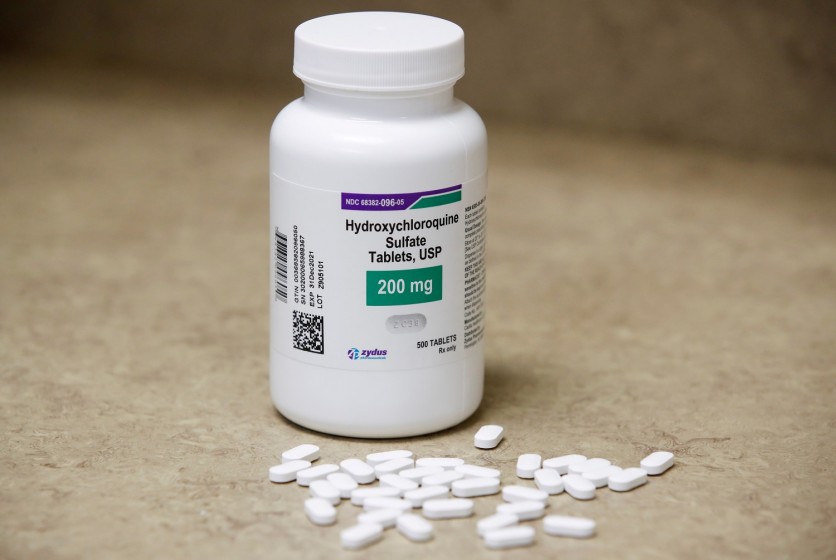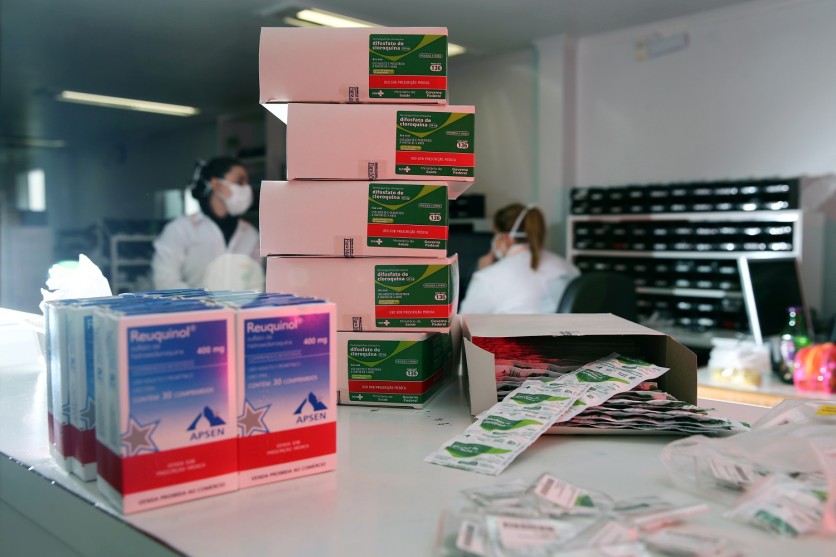The New England Journal of Medicine published a new study that shows hydroxychloroquine's inefficacy in treating COVID-19.
The University of Minnesota was the first to look at hydroxychloroquine using a double-blind study. It randomly assigned 821 people to take either the drug or a placebo. About 80% of them said they had high-risk exposure to a confirmed COVID-19 patient, according to Newsweek.

For five days, 414 patients were given doses of hydroxychloroquine while the remaining 407 volunteers were given the placebo. According to the study, 14% of the placebo group developed COVID-19 while 12% of the hydroxychloroquine takers got infected. Despite the lower percentage and no reported deaths, the difference is not statistically significant.
Study shows hydroxychloroquine does not prevent COVID-19 but countries continue to prescribe it
"Our data is pretty clear that for post-exposure, this does not work," University of Minnesota infectious disease physician and lead researcher, Dr. David Boulware, told Reuters.
Meanwhile, the World Health Organization (WHO) ceased its trials last week as other studies revealed that hydroxychloroquine could cause serious side effects such as heart trouble, although the Minnesota study did not find evidence of these claims.
For Boulware, none of the claims that the drug is dangerous and that it works against COVID-19 are correct. The University of Minnesota's Infectious Diseases and International Medicine department has yet to comment on the results of the study.
During the early days of the coronavirus pandemic, US President Donald Trump promoted hydroxychloroquine as a cure against the virus. He began supporting the use of the drug after a lawyer who appeared on Tucker Carlson Tonight claimed that the drug has a "100% cure rate," based on a study conducted by French scientists.
The following day, Trump claimed that taking hydroxychloroquine and azithromycin together "(has) a real chance to be one of the biggest game-changers in the history of medicine."
Countries continue to use hydroxychloroquine
Many countries approved the preliminary use of the drug. However, France banned doctors from giving hydroxychloroquine to patients, "whatever the severity of the infection." It was the first country to reverse its support over the drug use, although the health ministry said its stance may change if new evidence emerges and proves otherwise.
The United Nations similarly aired their concerns about the safety and efficacy of the malaria drug in treating COVID-19. The agency cited a study published in the Lancet medical journal.
Among the 96,032 who participated in the trial, those who took hydroxychloroquine and its relative chloroquine--with or without azithromycin or other similar antibiotics--were found to have fewer chances of survival and a greater risk of acquiring heart problems. This prompted an Australian hydroxychloroquine trial for the COVID-19 trial to review its use on Tuesday, June 3.

Meanwhile, some countries such as India and Brazil have continued their support for hydroxychloroquine and said they would continue to prescribe it despite the discouraging results of various studies. India lifted its ban for the use of hydroxychloroquine in April after Trump touted the drug.
Earlier this week, the U.S. sent about 2 million doses of hydroxychloroquine to Brazil to help in its coronavirus fight. The two nations began joint research for the drug's ability to treat or prevent COVID-19.
Brazil is the second worst-affected country of the pandemic with over 580,000 confirmed cases. It is much less than the U.S. with at least 1,850,000 COVID-19 cases.
Read also: Tesla Worker Has Been Tested Positive for COVID-19 after Elon Musk Decided to Continue the Business Operation
ⓒ 2026 TECHTIMES.com All rights reserved. Do not reproduce without permission.




